28 November 2022
What does decades of cutting-edge research look like? Arguably, Professor Mike Berridge is a prime example, having spent his career spanning some of the most important scientific advancements of our time.

Acknowledging this lifetime of excellence in research, Prof Berridge has received several notable accolades, including the prestigious Shorland Medal in late 2021, awarded by the New Zealand Association of Scientists in recognition of major and continued contribution to basic or applied research that has added significantly to scientific understanding or resulted in significant benefits to society. In December he will receive a Doctor of Science from Te Herenga Waka—Victoria University of Wellington.
Prof Berridge’s decades-long scientific career spans the globe and several fields from plant biology to cancer metabolism where his discoveries have challenged paradigms of molecular biology that he grew up with. As one of the founding scientists at the Malaghan Institute of Medical Research, Prof Berridge has helped propel scientific research in New Zealand to the world stage.
In more recent years, his work in cancer made a fundamental discovery – demonstrating for the first time that mitochondrial DNA can move from surrounding normal cells to tumour cells with defective mitochondrial DNA, overturning a central dogma of the time.
“At the time, it was widely accepted that the genes in our DNA that encode proteins are constrained within cells and partition between cells when they divide,” says Prof Berridge.
However, Prof Berridge’s findings shook that accepted belief – showing that that in times of cellular stress, mitochondria, along with the DNA inside them, can move from one cell to another, with healthy cells ‘donating’ mitochondria to their struggling neighbours to help them recover.
“Since cancer cells are in a continuous state of stress from things like chemotherapy and radiation, this may be a mechanism used by tumours to overcome this stress and continue to grow and wreak havoc on the body.”
This discovery has opened a whole new avenue of cancer research around the world, research that Prof Berridge and his team continue to investigate at the Malaghan Institute in collaboration with research teams at Griffith University and in Prague.
More than 50 years into his career, he is still brimming with questions and eager to know how far he can push the frontiers of biological research.
“It's in my nature to ask questions,” says Prof Berridge. “One thing I've learned as a scientist is that you have to be comfortable with the unknown and asking questions is the way to focus your research and find some answers.”

Related articles
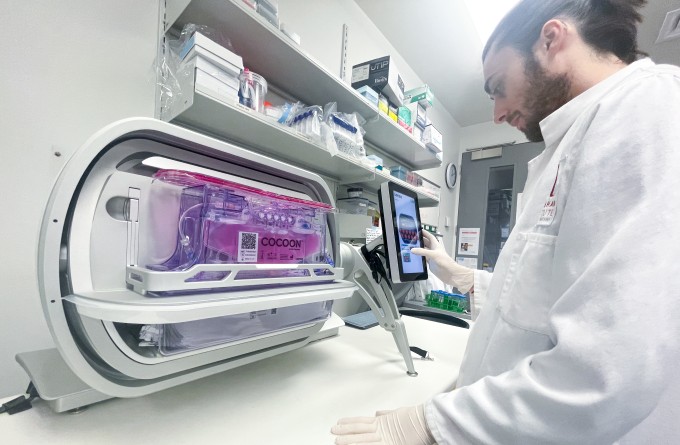
Malaghan CAR T-cell cancer therapy trial expands to Christchurch and Auckland
23 June 2025
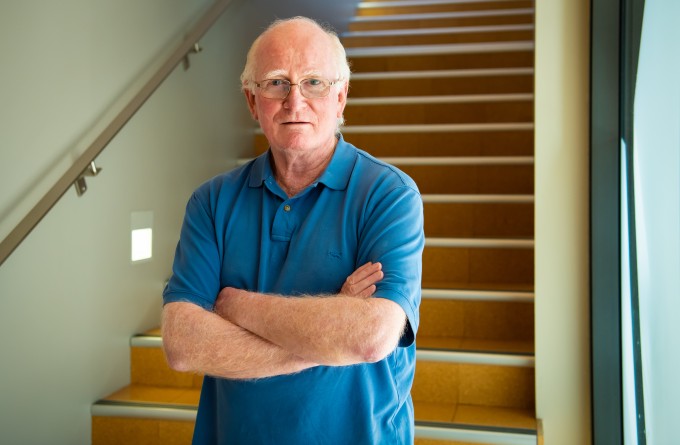
Horizontal mitochondria transfer: 10 years on from a groundbreaking discovery
7 May 2025

Kjesten Wiig: bringing life-changing treatments to life
27 February 2025
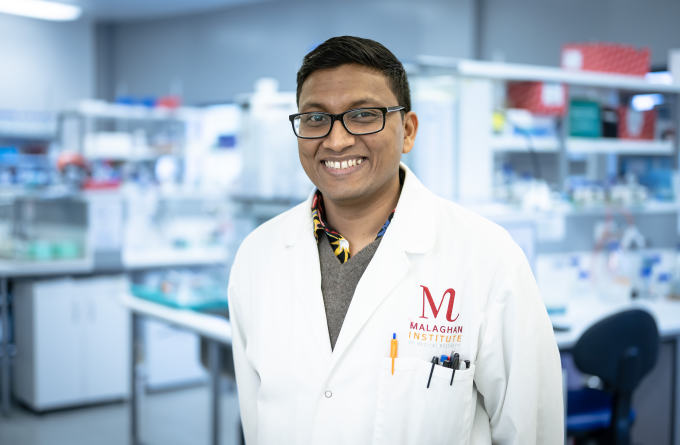
Cancer Research Trust grant to improve CAR T-cell therapy
12 February 2025
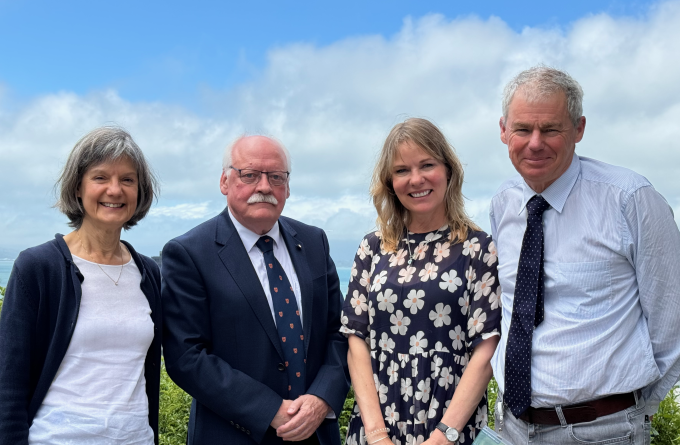
World-renowned cancer pathologist joins the Malaghan Institute as Distinguished Research Fellow
19 December 2024
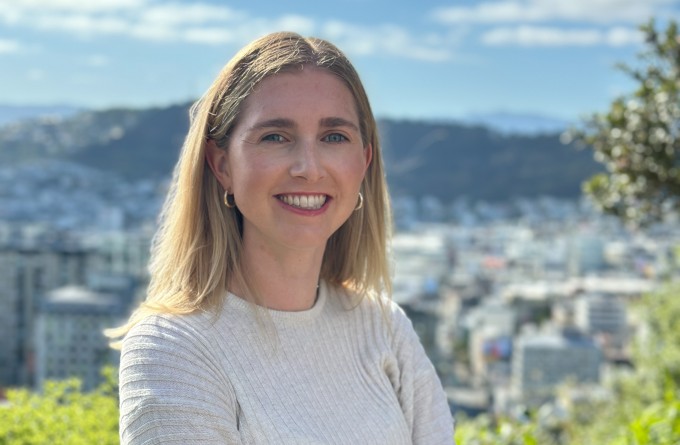
New Zealand to New York and back again: Malaghan researcher tackling liver cancer
18 November 2024
